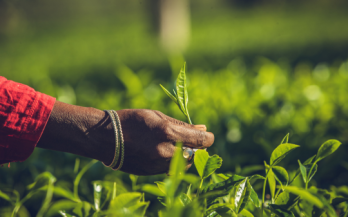
TURFS Strategy
- 28/11/2023
A strategy to catalyse a global food systems transformation for people, planet and prosperity using cities as entry points.
- 28/11/2023
A strategy to catalyse a global food systems transformation for people, planet and prosperity using cities as entry points.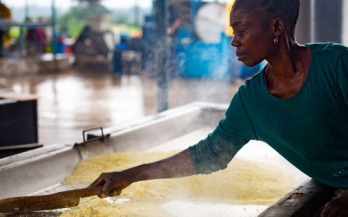
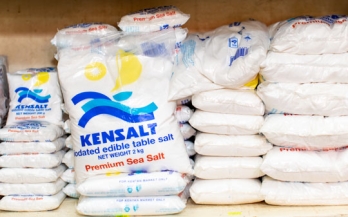
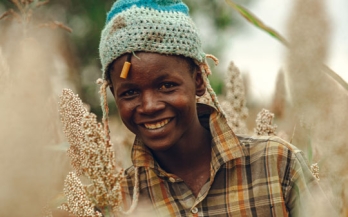
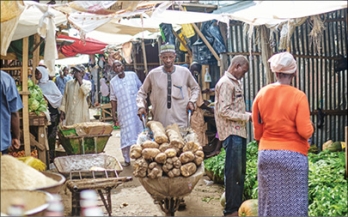
- 09/11/2023
The scope of this review focused on traditional markets, which provide millions of people with nutrient-rich commodities like animal-source foods and fresh produce. However, these same foods are the leading cause of foodborne disease globally. The research, based on insights from 11 literature reviews, revealed that there is a strong connection between food safety, nutrition, and health. To address these issues, a food systems approach is required.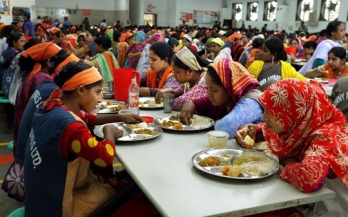
- 09/11/2023
GAIN undertook an assessment of existing workforce nutrition-related policies to identify opportunities for improvement and generate insights into how policymakers and other policy stakeholders can contribute to healthier work environments. This briefing paper summarises the findings of a cross-cutting policy assessment for 12 countries across Africa, Asia, and Latin America.

- 25/10/2023
But how do we assess current levels of integration and opportunities to strengthen it? That is where this baseline report comes in. It assesses integration and identifies opportunities to act jointly. The bad news in its results is that in general, climate and nutrition are not well connected.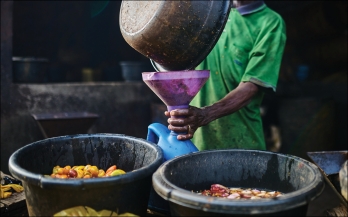
Virtual, Global
On October 31, join us for this exclusive, virtual screening and fireside chat of EatSafe’s latest film, Food Safety: The Biggest Development Challenge You’ve Never Heard Of.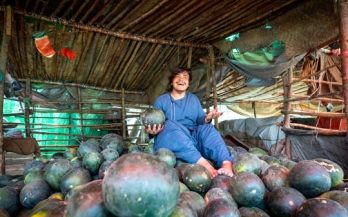
- 11/10/2023
The GAIN Business Model Research (BMR) Project, funded by the Netherlands Ministry of Foreign Affairs, aims to identify promising business models that can do just this.